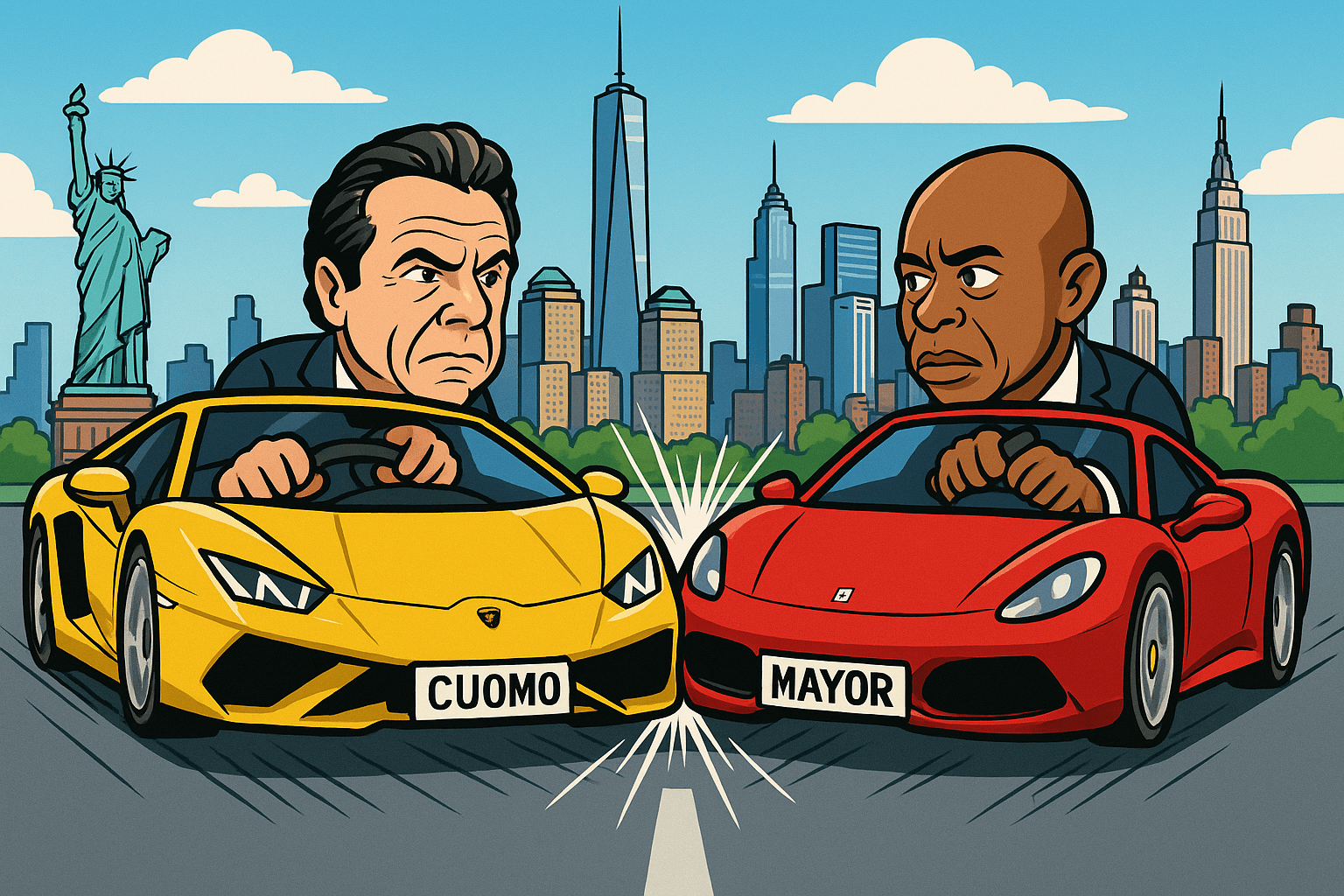California Democratic Party adopts neutral stance on marijuana legalization initiative

If you ask the average voter what issues split liberals and conservatives most vehemently, you’re likely to get a response involving abortion, taxes, gay marriage and -- perhaps less obviously – drugs. Gone are the days when William F. Buckley Jr endorsed the full legalization of drugs in his conservative run for mayor, or when the War on Drugs itself was considered a concession to the Left.
These days, it’s a more commonly accepted stereotype that pro-drug positions are solidly the domain of pot-smoking Hippies, lecherous lifestyle libertarians, and other groups that traditionally incline more towards Democrats. Right?
Actually, according to California’s Democratic Party, the answer is “maybe.” The Los Angeles Times reports:
“[Democrats] decided to adopt a neutral position on Proposition 19, leaving the many local Democratic committees and organizations free to endorse the measure. Advocates for an endorsement cited many reasons to back the initiative, but opponents pressed one overriding concern: a yes vote could damage statewide candidates in competitive races.”
The implications of this decision are interesting, both from a political and drug policy perspective. In terms of political gamesmanship, the decision is a sign of genuine lack of political capital on the part of California’s Democratic Party. Coming off two terms of an unpopular Republican Governor, and with a Senator who otherwise routinely crushes Republicans up for election, the time would ordinarily be ripe for the Democratic Party to solidify its hold on its progressive base by backing initiatives like Proposition 19.
The fact that the Party has not done so, but rather advocated neutrality, is a sign of two things – first, it is unsure of its hold over the majority of California’s electorate, and second, it is quite sure of its hold on progressives. The first point may give Republicans reason to be jubilant, but the second one may cause problems for Republican candidates down the line insofar as they may face a tougher burden in attracting cross-party votes, given the deep blue nature of California Democrats.
On the other, policy-related front, the decision by Democrats suggests that marijuana has, like so much of recent California politics, become an issue exclusive to third-party/independent concerns. If this trend keeps up, it suggests that drug laws are likely to become more and more narrowly tailored to address problems, rather than being wedded to any particular agenda. And depending on who you ask, this is either good news or bad news.
First, the argument for why it’s good news. Obviously, to the extent that drug laws exist, one wants them to be successful, and certainly from a legal perspective, keeping these laws enforceable is a key concern. Having an independent-minded electorate as stewards of California’s drug regime is more likely to produce enforceable, moderate-minded laws – laws that are likely to be both enforceable and reasonable, leading to both a reduction of drug-related crime and a narrowing of the definitions, albeit with each cancelling each other out. Incrementalists will doubtlessly find this option pleasing.
On the other hand, for those hardline anti-drug or pro-drug crusaders, a shift toward independent-minded drug laws may be bad news because it has the potential to produce a workable anti-drug regime. If this is done, then the claims often made by drug reformers that prohibition is never effective may see counterexamples, thus seriously blunting the sharpness of pro-drug arguments.
Moreover, if selected decriminalization occurs, then the general moral repulsion which often drives anti-drug laws may take a back seat as well. In short, independent stewardship of the drug regime, while it may lead to selected reforms, may also severely cripple the prospects for drastic change.
Either way, the Democrats have made an intriguing choice – one that could either gain them votes, or cost them the election by dampening the enthusiasm of their pro-drug constituents. Proposition 19 will be shaking up much more than this, but as gamesmanship goes, this is one of the more interesting recent developments.




